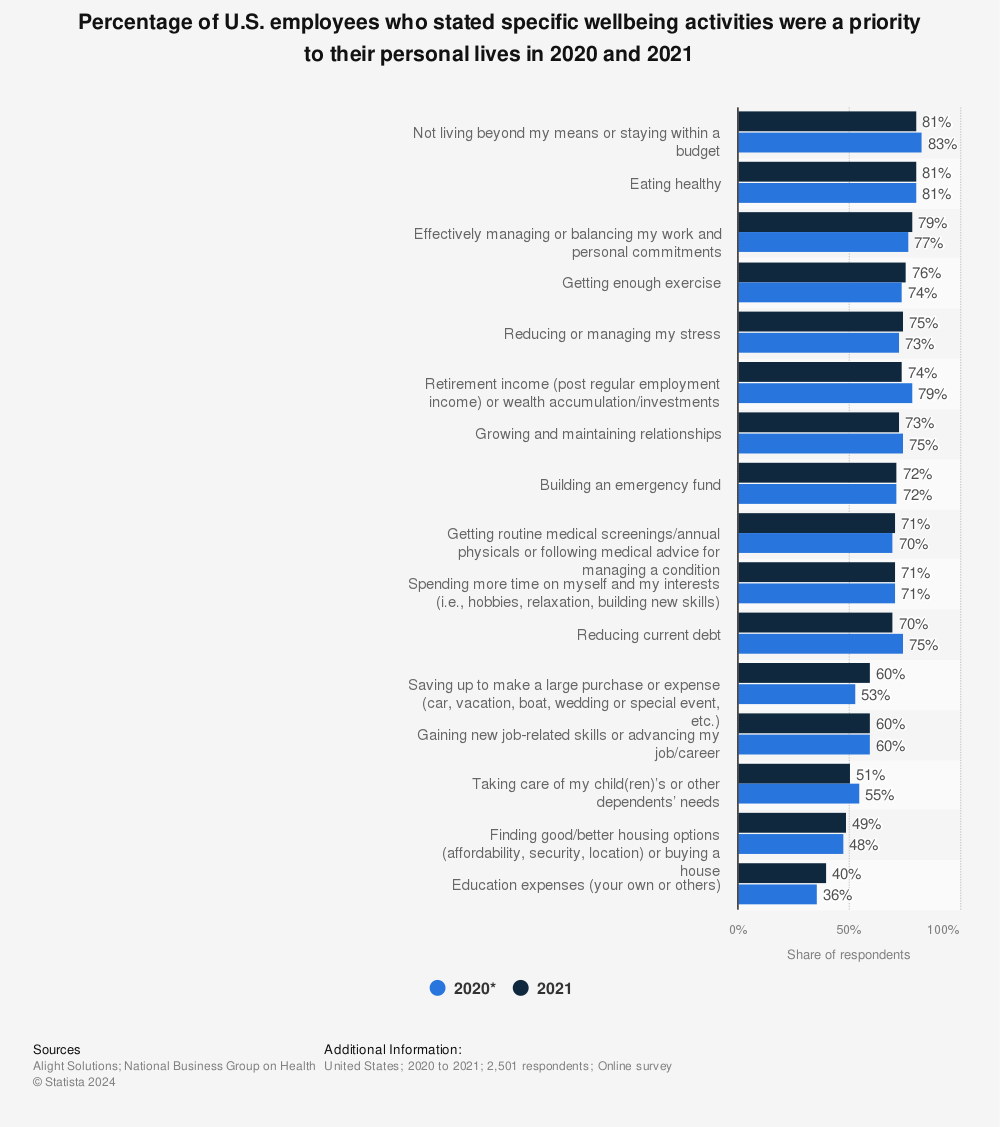Unlock the Benefits of a 4 Day Workweek
The concept of a four-day workweek has been gaining traction in recent years, as many employers are looking for ways to improve employee productivity, engagement, and work-life balance. A four-day workweek can offer numerous benefits to both employers and employees alike.
What Is a Four-Day Workweek?
In simple terms, a four-day workweek is an employment arrangement where an employee works four days a week instead of the usual five. It should be noted, however, that this means that the hours worked each week is reduced from 40 to 32. If a company offers this arrangement, but requires employees to work 40 hours within the 4 days, this does not count as a four-day workweek and negates its benefits.
Four-Day Workweek Companies
Many companies are being recruited to try the four-day workweek through ongoing or completed campaigns. We wrote about the 4 Day Week campaign, run by UK-based research group Autonomy, which is the most popular. Some of the first and more significant companies to implement the four-day workweek were Bolt, Microsoft, and Buffer.
Their experiences provide valuable advice for companies interested in making the switch, such as starting small with surveys and data collection to measure success and setting clear expectations for the fifth day. Thanks to the pioneering efforts of these companies, we can learn from their successes and failures and take steps towards a more efficient and balanced workweek.
What are the benefits of a four-day workweek that attract even companies such as Microsoft? Let’s review some of them.
What are the Benefits of a Four-Day Workweek?
The main advantage of having a four-day workweek is enhanced productivity. Studies have shown that when employees are allowed to work fewer hours, they are more productive during the hours they do work. This is because they can focus better on the task at hand, and unsurprisingly they have more energy and enthusiasm when tackling issues. Additionally, a shorter work week means employees have more time to rest and recover, which can help reduce stress levels and lead to higher productivity.
Another benefit of reduced hours in the workplace is an equal and balanced environment. Employees can dedicate more time to their families, hobbies, and other activities. For parents, having Fridays off work allows them to seek out and pursue their interests outside of work. This can also provide them with more time to acquire new skills that can help to reduce the pay gap sometimes seen between parents who dedicate more time to their family and miss out on chances to progress their careers.
Better employee engagement is another major benefit of a four-day workweek. When employees are allowed to take extra time off, they are more likely to be engaged with their work. This leads to increased job satisfaction, as employees are more likely to feel appreciated and valued. Additionally, when employees are given more control over their work schedule, they may be more likely to come up with new and innovative ideas that can help the organization.
Four-day work can also lead to a smaller carbon footprint. By reducing the number of hours spent in the office, employers can help to reduce their energy consumption and their overall impact on the environment. Also, when employees are given more time off, they may be less likely to use their cars to commute, reducing their carbon emissions.
Finally, a four-day workweek can lead to fewer health issues for employees. A study done by Autonomy found that reducing work hours by 20% had a positive health effect on employees. With more time away from the office, employees can take the time to exercise, relax and eat healthier. This can help to reduce stress levels, which can lead to better physical and mental health. Additionally, when employees have more time for leisure activities, they may be more likely to form meaningful relationships with friends and family, leading to improved emotional well-being.
Is Adopting a Four-Day Workweek Right for You?
Let’s bring in some more data. According to a survey of U.S. employees, the top wellbeing priorities for 2020 and 2021 were mainly health related. The top ones were eating healthy 81%, wellbeing activities that are important to people including effectively managing or balancing work and personal commitments (79%), getting enough exercise (76%), reducing or managing stress (75%), growing and maintaining relationships (73%) getting routine medical screenings (71%), spending more time on themselves and their interests (71%).

Find more statistics at Statista
It appears evident that implementing a 4-day workweek would be beneficial for employee wellbeing due to the increased time for focusing on health, which appears to be the priority for most of them.
Wrap-up
There are considerable benefits to a four-day workweek. Not only can employers save money on office running costs, but they can also benefit from increased productivity levels, better employee engagement, and a smaller carbon footprint. Additionally, employees can benefit from improved work-life balance and fewer health issues. As such, a four-day workweek can be a great way for employers and employees to work together to create a better workplace.
FAQ
1. Is a Four-Day Workweek More Productive?
Based on the evidence presented, it appears that a 4-day workweek can be more productive. Microsoft Japan reported a 40% increase in productivity during their trial.
2. How Successful Is a Four-Day Workweek?
The report from Autonomy and leading academics at the University of Cambridge and Boston College shows that a 4-day workweek is successful, out of the 61 companies surveyed, 92% chose to continue with the 4-day week after the pilot.
- Job Application: Best Practices for Listing Reasons for Leaving a Job - April 18, 2024
- Jobs That Help the Environment and Boost Your Career Fulfillment - March 5, 2024
- What Is the Key to Success When Working With a Client Remotely? - January 30, 2024

